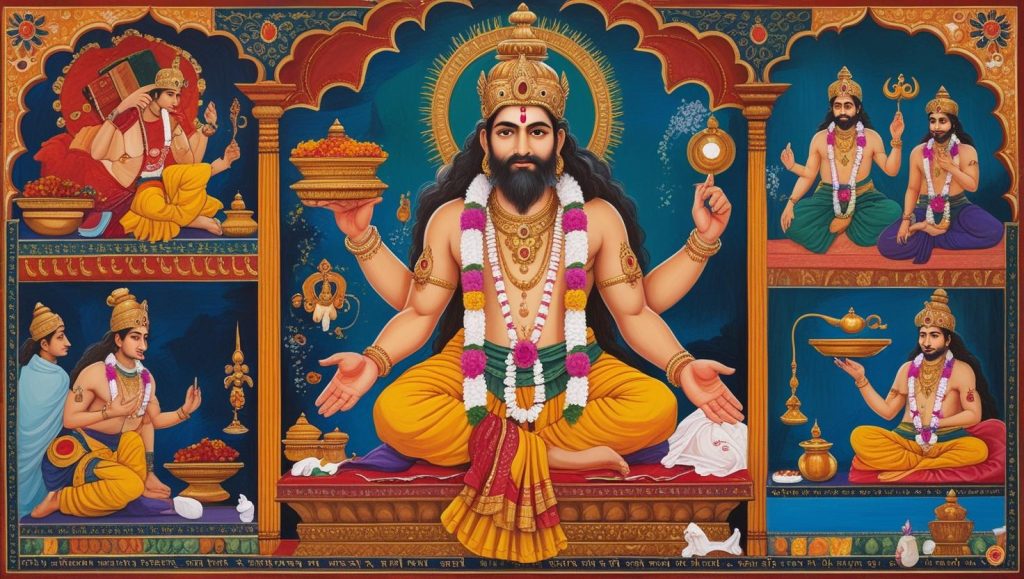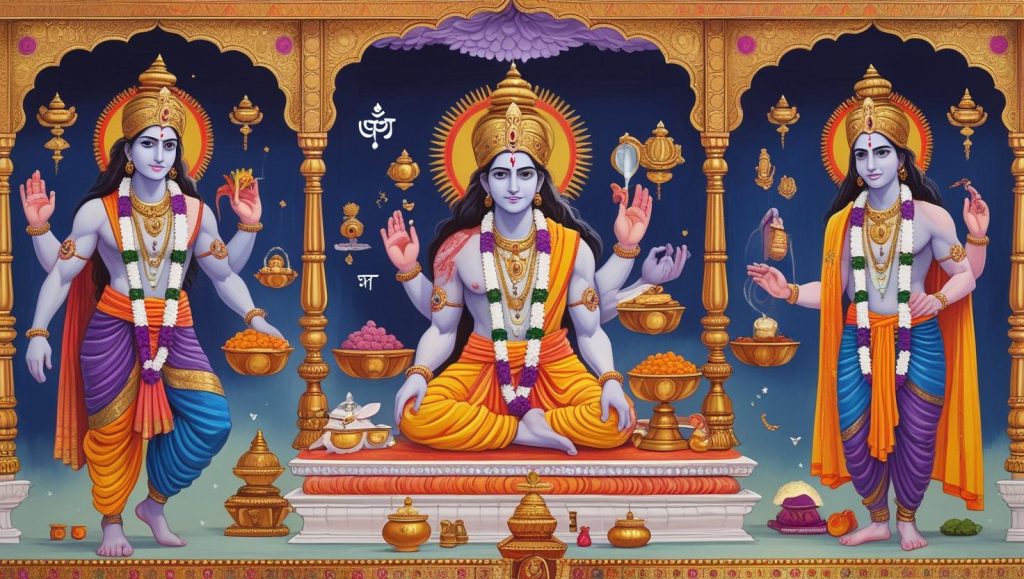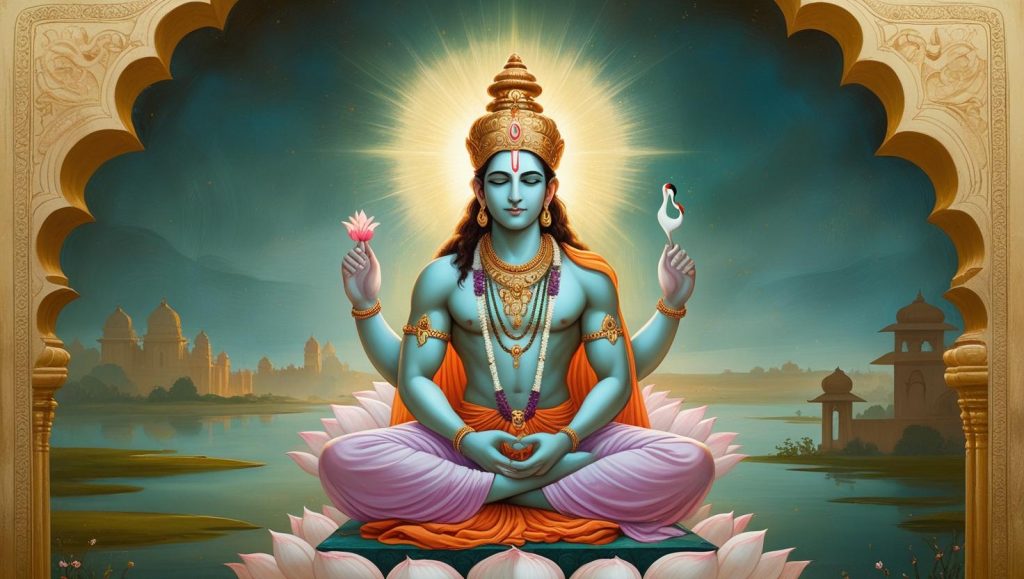Mentions in Jain Agamas
The Jain Agamas, considered primary canonical texts, describe the life of all Tirthankars, including Sumatinath. These scriptures highlight his spiritual discipline, his path of renunciation, and his role as a guide for souls seeking liberation.

The Story of His Divine Birth
According to Jain tradition, Queen Mangalavati of Ayodhya experienced auspicious dreams before the birth of Sumatinath. These dreams, often described in scriptures, symbolized the arrival of a great soul destined to show the path of dharma.
Renunciation in the Texts
Scriptural stories narrate how Sumatinath, despite being a prince of the Ikshvaku dynasty, renounced worldly pleasures to seek eternal truth. His life reflects the Jain ideal of aparigraha (non-possession) and spiritual awakening.
The Attainment of Kevala Jnana
Jain scriptures emphasize his intense meditation and ultimate attainment of Kevala Jnana (omniscience). This state marked his transformation into a Tirthankar, capable of showing the path of liberation to countless souls.

The Goose (Hamsa) Symbol in Scriptures
The sacred hamsa (goose) symbol frequently appears in Jain texts in association with Sumatinath. It serves as a reminder of his purity, wisdom, and the power of discernment he embodied.
Scriptural Significance for Devotees
Reading and reflecting on these stories is more than history—it is spiritual practice. For Jains, these texts act as a guide, inspiring meditation, compassion, and a stronger connection with dharma.
Eternal Relevance of His Scriptural Presence
Though centuries old, the references to Sumatinath in Jain scriptures continue to inspire devotees today. They remind us that the pursuit of truth and liberation transcends time and remains the highest goal of life.

